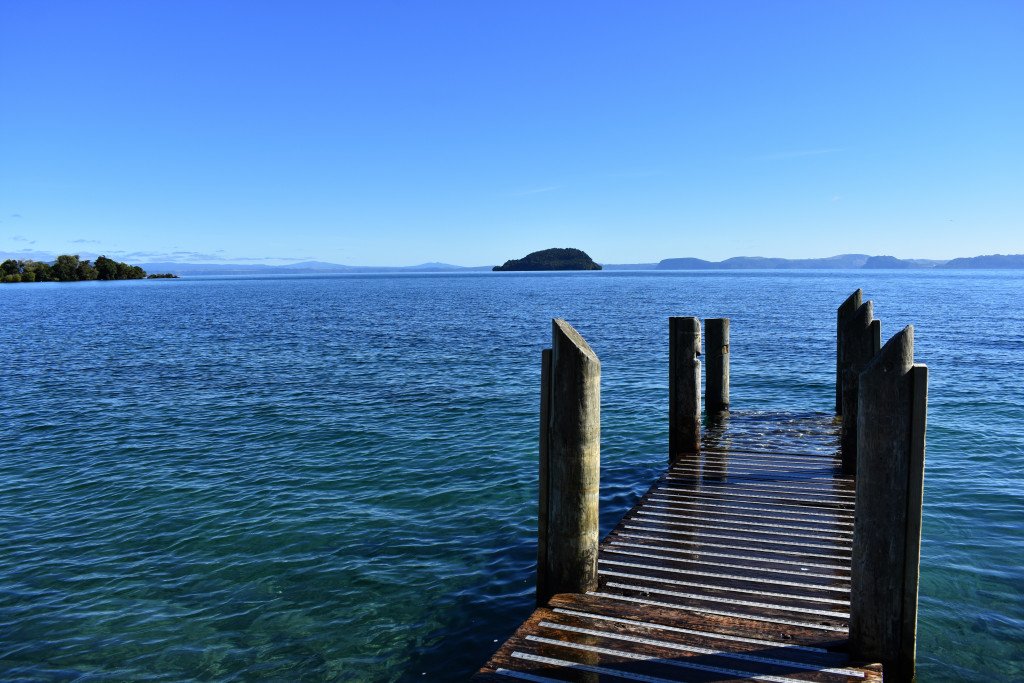The current pandemic highlighted what it would be like facing a global crisis. While it has indeed caused widespread chaos with whole economies slowing down, it pales when compared to a disaster caused by marked changes to the environment. While the pandemic might have taught people the virtue of staying home and doing nothing, saving the environment requires going out and doing something.
Cleaning the Air
New Zealand has one of the most stringent policies on air pollution. However, you can still do your part to make the air even cleaner. Opt for a residential solar power system. They pay for themselves in 10 years, and you’ll still get free electricity for another 20-25 years.
Twenty percent of New Zealand’s power production still relies on fossil fuels. Going solar allows you to use electricity from the sun and maybe send some of that clean energy to the grid. Gas-guzzling cars are one of the most significant sources of carbon emissions. However, they might soon be vanishing in New Zealand’s roads.
More and more residents are opting for electric cars, especially since modern electric vehicles are performing better, and mileage is getting longer. Of course, only switch cars if your old one finally gives in. It’s still more environmentally sound to repair older cars and replace damaged parts than it is to buy a new one — even if it is electric. So hold on to your Audis, Fords, or Skodas because building a new electric car produces ten years worth of a regular vehicle’s carbon emissions.
Taking Back New Zealand’s Waters

From global to local, something needs to be done with the country’s waterways. Years of pollution and neglect have left New Zealand’s waterways all but dying. Marine wildlife is going extinct, poisoned by toxic algal blooms that feed on rich nitrogen runoffs. While the farming sector deserves most of the blame, residential runoffs still account for a significant amount of nitrogen pollution.
Waitematā Harbour is overwhelmed by close to 2 billion liters of residential wastewater every year, and other waterways face the same problem. Fit your house with its own wastewater treatment system. These systems require very little space and produce no detectable odors. You can even add a greywater system to your home, allowing you to reuse your shower water for flushing toilets, cleaning the car, or watering the plants.
Reducing Waste in All Fronts
Recycling is a myth. While the concept is excellent, most countries fail at implementation. For decades, most western countries have been sending their recyclables to less-developed Asian countries, making them a veritable dumping ground of plastics and other waste. However, Asia has finally said enough, with every nation now refusing to accept the boatloads of recyclables sent their way.
New Zealand is no exception. Tons of recyclables were sent back to the country in 2019, as Indonesia refused to take in multiple cargo containers filled with plastic. Strike out recycling because reducing and reusing are the only two viable options to deal with waste.
The pandemic revealed that New Zealand’s government and its people could get together to face a crisis. Perhaps soon, that same resolve can be directed into saving the environment.
